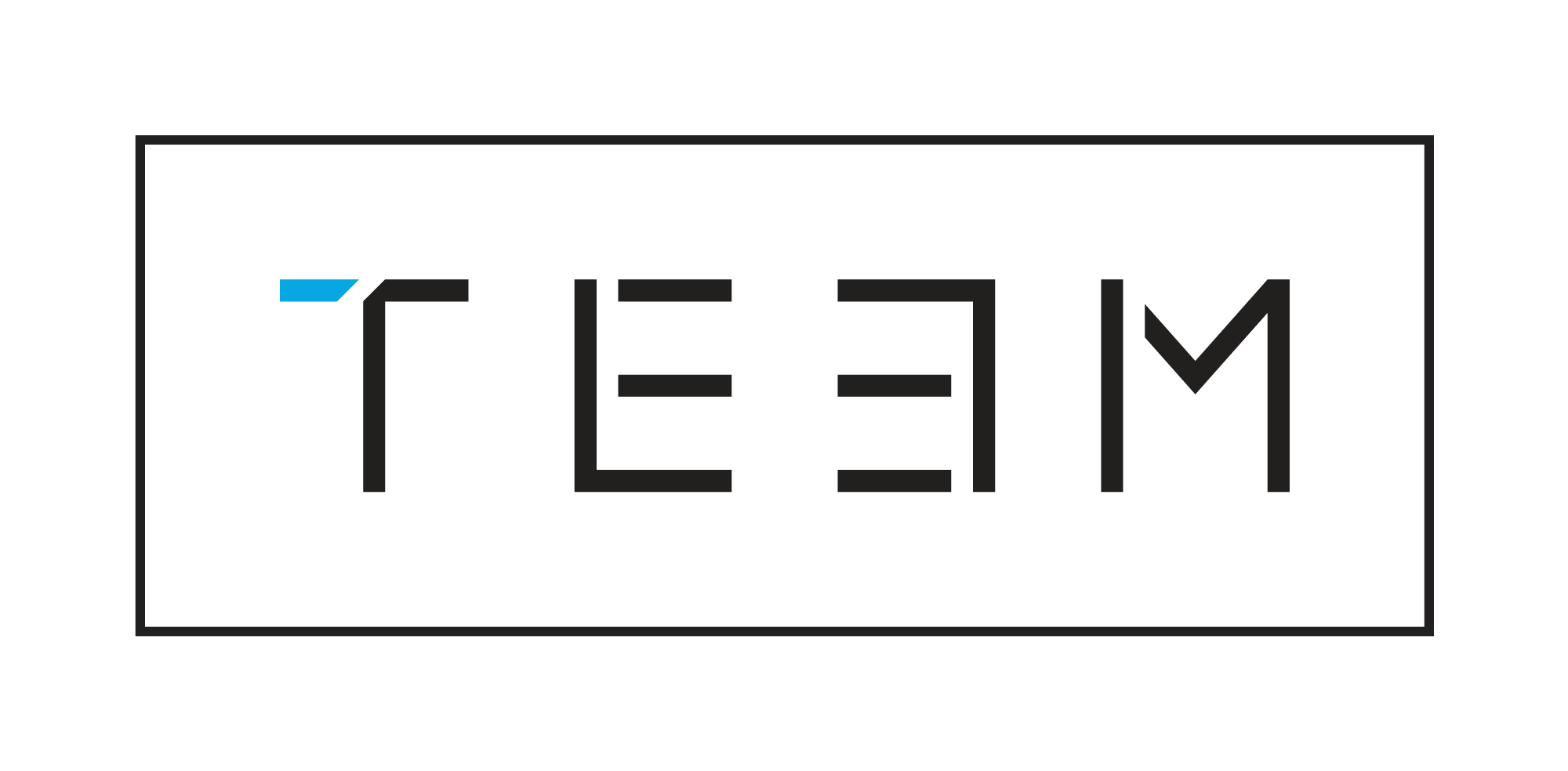Definitions first. A meritocracy is “the holding of power by people selected on the basis of their ability.” The Latin translation is literally “I earn power.” Essentially, the best people and ideas win. Sounds like a stellar way to operate a company, eh? It is… in theory. In practice, like most things outside the norm, the devil is in the details. To clearly plant my flag going into this conversation, I’m a believer in performance-based leadership and decision-making. It’s puzzling to me that rewarding people for their impact (versus their longevity or education) is a revolutionary concept. In observing meritocracy alongside many other management styles, a lot of positive benefits have emerged. What’s Great about a Meritocracy? You hear it all – the good, the bad and the ugly. Team members are encouraged to share their opinions and ideas openly and often. All perspectives are heard. Decisions are made based on those that are deemed the strongest and most innovative. Some ideas are brilliant – others are mediocre, poorly thought out, or even dumb. But you get a constant stream of suggestions to sift through in search of gold. There are empowered leaders throughout the organization. A meritocracy is not about climbing a ladder – it’s about blazing your own trail. People forge a path to leadership by expressing ideas that change the trajectory of the team and the company. Individuals have permission to speak up when it matters, often launching key initiatives or altering the fate of the organization as a whole. When a person earns respect and authority in a certain domain, they are the decision-maker in each moment and can act independently. Decisions are made by the smartest people at each level. Meritocracies don’t enforce a closed system of privilege. The people who are listened to and who vet final decisions are the ones who have earned the right to do so. They have a history of good ideas, a smart reputation, and they’ve proven themselves through past successes. The decision-makers are the ones achieving stellar results and going beyond their job description (best of all, they tend to call the right shots most of the time!). Unmotivated, untalented people leave. Self-selection is usually the entry or exit method of choice in a meritocracy. Good people see a chance to shine. They appreciate that culture, experience, creativity, attitude and wisdom count as much as a degree. They revel in the ability to brainstorm, debate, act decisively and ultimately rise in stature and compensation. People who rely on more traditional methods to stay afloat quickly realize that their go-to tactics don’t work and beat a hasty path to the door. For all of the benefits of a meritocracy, there are some potential pitfalls as well. What can go Wrong? Good ideas dry up without passion. Because ideas are bubbling up from all levels of a meritocracy and not simply being dictated from the top, it’s crucial that every team member be excited, engaged and actively thinking about improvement every day. Attitude and willingness to push beyond boundaries is vital. Sounds fabulous, but maintaining an energy level that breeds innovation and greatness requires constant nurture. If you don’t listen, it won’t work. In a meritocracy excellent leadership is not about having great ideas. It’s about guaranteeing that the best ideas emerge and get implemented. The leadership team must set the tone of the workplace and create an environment that promotes sharing and listening in equal shares. It’s impossible to have a meritocracy if ideas are not allowed to surface or if they aren’t ever given due consideration. There is no decision by consensus. This is the key distinction. From growing up revering democracy (hello America), a meritocracy is markedly different in that not everyone has a vote on every issue. While everyone does have a voice, some are listened to more than others and personal decisions are empowered at the right level for each individual. The best ideas are considered by the wisest team members in those areas and actions get the red light or green light without endless discussion. When your idea is the one shot down, that can sting. Herein lies the crux of a meritocracy: Who decides who is listened to? Who decides which ideas are the best? The answer is simple on its face but complex in application. The ecosystem itself continually validates or demotes individuals based on the value they bring to the enterprise. By earning respect, success and followers, the best and the brightest rise. 90,000 hours of our lifetime are spent at work. 90,000. We owe it to ourselves to engage in a career we love, as part of a true team, making a real impact on the world. Anything less is unacceptable. Trish Thomas | CEO, TEEM
7/27/15
